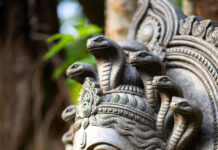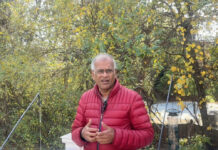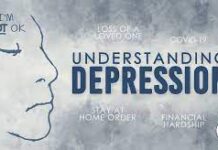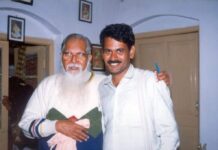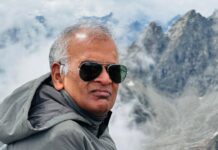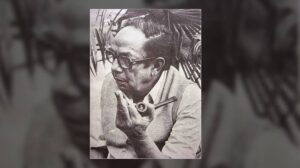
Dear Jeyamohan,
The article on Western Indologists is quite interesting. What is your perspective on Indian Indologists? Particularly, how do you view scholars such as Debiprasad Chattopadhyaya? I believe that his seminal work, What is Living and What is Dead in Indian Philosophy (1976), serves as an excellent introduction to the realm of Indian philosophy.
S.R. Rangan
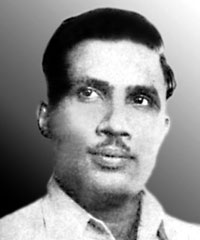
Dear Rangan,
An Indologist is defined as an individual who conducts original research on Indian culture, history, religion, and philosophy. Debiprasad belongs to a set of leftist scholars who did secondary research on Indian philosophy and culture to create political ideas. Their tribe started with M.N. Roy and continues today.
I read Debiprasad’s book in Tamil, and I have no favorable opinion on it. He simply divides Indian philosophy as materialist and idealist traditions. His logic is a very mechanical one, and anyone who seriously learned Indian philosophy knew that Indian philosophical schools could not be easily divided like that. For example, one cannot define Buddhism as materialist or idealist. It has various schools and doctrines in it.
Debiprasad is a simple politician who tried to define Indian philosophy according to his party line. The funniest part of his book is that he says the Vedantic and Vedic traditions in Indian philosophy are dead, while the Charvaka and Buddhist traditions are alive.
Among the leftist scholars of Indian philosophy, K. Damodaran has a balanced and truly erudite approach. Moreover, he has the poetic sensibility to understand the real quest of philosophy and religion.
Jeyamohan
